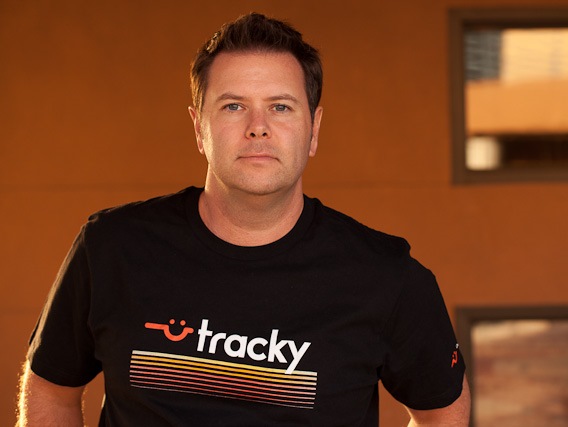Here’s a post by my friend Jeremiah Owyang about social business.
When I first saw the tweet about it. I asked “how can you be social without collaboration?”… I had my usual problem with the terms we invent. However, Jeremiah is a real though leader, he defines the trends he sees and I admire how he takes the risk of naming these things.
Social business IS business. Collaboration IS the essence of life. (We make connection and we share stories). Looking past the semantics, I read the article and the chart at the end of his post. He’s got the trend right.
What’s the next phase of Social Business? That’s the question I’m frequently asked. Without a doubt, the next phase is the Collaborative Economy.
What’s that? That’s where ands will rent, lend, provide subscriptions to products and services to customers, or even further, allow customers to lend, trade, or gift anded products or services to each other. This unstoppable trend is fueled by the social web, the specific features include relationships, online profiles, reputations, expressed needs and offerings and ecommerce. Customers are already starting to conduct these behaviors among themselves using TaskRabbit, AirBnb, Lyft, and many others tools –some of these are disruptions and opportunities to ands.
[The next phase of Social Business is the Collaborative Economy; Brands will enable customers to share, trade, lend, gift products and goods using social technologies]
While this movement will have oader global and economic impacts, at Altimeter, we’re focused on disruptions to corporations. We’re knee deep in interviews for our next report on the Collaborative Economy, and have interviewed startups, VCs, ands, social business software vendors, authors, thought leaders, and are dissecting data of 200 sharing startups, for a oad overview of what it means to business.
Matrix: Phases of Social Business
Caveat: There are many oader impacts inside of the company that also impact HR, recruiting, supply chain, IT, and more, the above is just a sample of the most well discussed impacts.Brands Already On Board: Toyota, Barclays Card, Avis, BMW, WalmartWhat are examples of companies that are already taking advantage of this new social business trend now? Here’s a few from the Master List of Brands Participating in the Collaborative Economy: To stay current with car sharing or lending services like Lyft, RelayRide, Zipcar, Uber and more Toyota, OnStar and BMW are allowing cars to be rented. Barclays Card sponsored and supported bicycle sharing in the city of London, associating their and with the movement. And retail giant Walmart is considering allowing customers to deliver goods to each other, to compete with Taskrabbit and Amazon.
[The first phase of Social Business impacted anding and PR, it shifted to support and product development.The next phase impacts core business model]
Mindset Change Required in CorporationsSo there you have it, the next phase of Social Business goes beyond marketing and customer support, it changes the fundamental business models and relationships that we will have with our customers. The big change that ands will struggle with, as is it means that ands will have to care about the relationship between customers as they trade and rent your products between themselves.
 David Gosse is a serial entrepreneur that specializes in technology. He is the founder of Namechk.com, the Founder & CEO of Tracky Inc., and he owns two patents for internet search algorithms and has a third patent pending.
David Gosse is a serial entrepreneur that specializes in technology. He is the founder of Namechk.com, the Founder & CEO of Tracky Inc., and he owns two patents for internet search algorithms and has a third patent pending.




